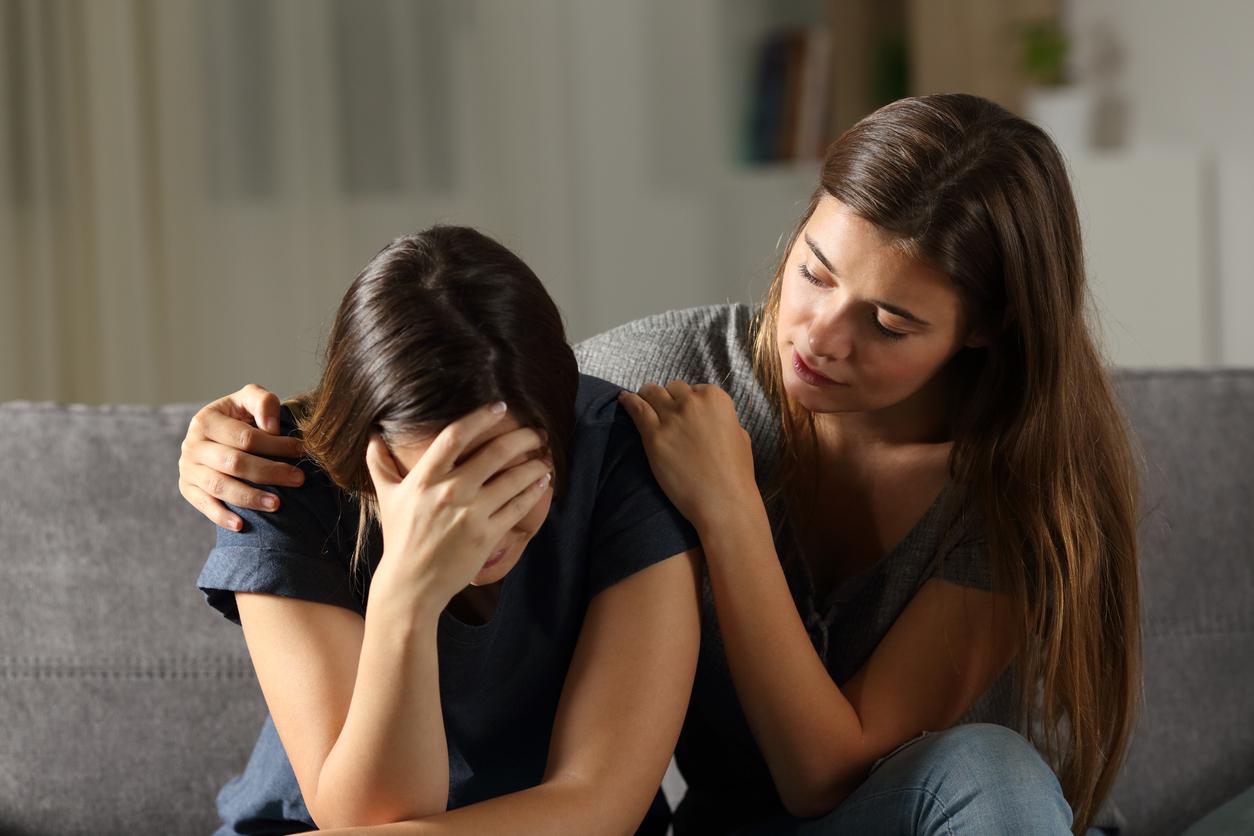The reasons that push a person to end his life often remain a mystery. This new study on suicide published in the Weekly Epidemiological Bulletin does not completely solve this mystery, but it sheds light on the question: does unemployment encourage suicide? As Le Parisien relates, the least we can say is that there is “a disturbing relationship between the increase in the unemployment rate and the frequency of acting out, linked to depression”.
Concretely, a 10% increase in the unemployment rate would be accompanied by a 1.8% to 2.6% increase in the suicide rate. Of course, the researchers insist: these results do not confirm that there is a direct causal link between unemployment and suicide. But the methodology is serious enough to put precise figures behind this phenomenon which remained somewhat taboo. According to the Inserm researchers who conducted the survey, “the number of suicides attributable in France to the rise in unemployment between 2008 and 2010 can be estimated at 584”. And it is men between 25 and 49 who are most at risk of taking action. And when unemployment decreases – as between 2000 and 2001, as well as between 2003 and 2007 – the suicide rate follows the same trend.
For the psychiatrist Michel Debout, interviewed in the columns of Le Parisien, these figures prove that “unemployment is not only an economic, social, financial problem, it is also a public health problem”. In his book to be published, “The trauma of unemployment”*, the public authorities underestimate this problem and it is time to warn about the health of 5 million people.
*”The trauma of unemployment” by Michel Debout, to be published by Editions de l’Atelier











